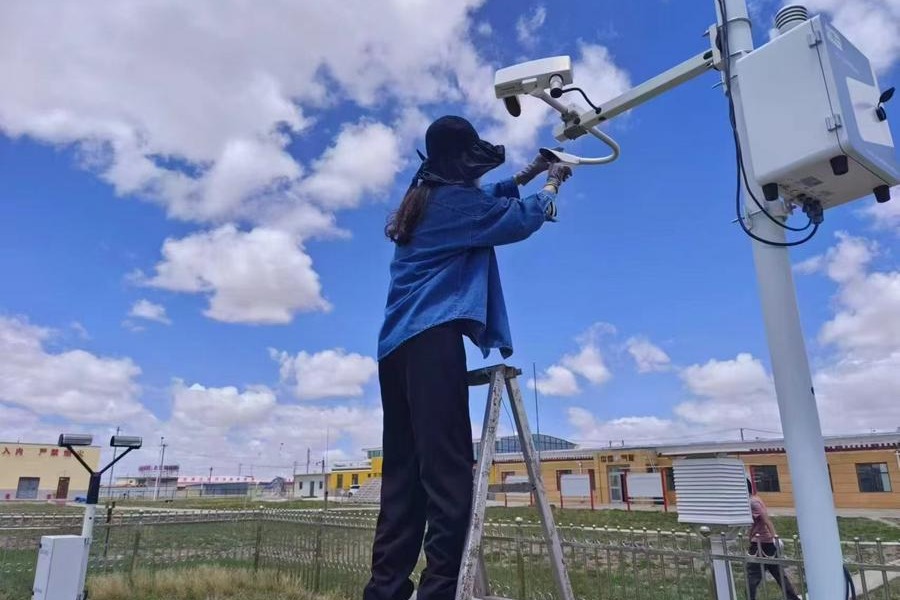Beijing court steps up efforts to resolve insurance disputes involving gig workers

The Beijing Financial Court has ramped up its efforts to resolve insurance disputes involving gig workers, striving to safeguard their legitimate rights and better support the high-quality development of the capital.
With the rapid growth of emerging industries, the gig workforce, including food delivery riders, ride-hailing drivers, and couriers, has surged and become a vital force in driving economic progress, Song Yi, vice-president of the court, said at a news conference on Monday.
He cited statistics indicating that China has about 200 million gig workers, representing 27 percent of the total workforce. However, this group faces significant challenges related to insurance, which in turn poses difficulties for judicial resolution.
Since its establishment in March 2021, the court has handled nearly 1,800 insurance appeal cases, of which around 16 percent involved gig workers, Song said.
As an intermediate court, it is tasked with addressing nearly all insurance-related appeals from district-level courts across the city.
During the adjudication process, the court has identified several key issues. Some internet platforms, for instance, lack clarity on whether workers need to purchase insurance, what type of insurance to procure, and how much premium to cover, according to Song.
Meanwhile, some online platforms have also been found to have failed to actively ensure the protection of workers' insurance rights and interests, he said.
"Other disputes arise from the relatively lower educational levels of some gig workers, leading to a lack of awareness about insurance," he added. "Moreover, some insurance institutions have flawed product designs for the gig economy, which do not adequately cover the actual risks faced by workers."
To address these challenges, Song revealed that the court has established a specialized collegial panel dedicated to efficiently resolving insurance disputes involving gig workers, and also set up a policy research team focused on the insurance industry.
In addition, the court has enhanced collaboration with industry associations, financial regulatory authorities, and universities to jointly promote the coordinated integration of data, policies, and resources, thereby advancing the capital's financial governance through the rule of law, he added.
Song called for greater industry self-discipline and the expansion of insurance categories to keep pace with the rapid development of the gig economy. He also urged gig workers to enhance their legal awareness and pay closer attention to potential occupational risks.
"It is crucial for workers to fully understand the policy terms when purchasing insurance," he said. "In the event of an accident, it is also essential for them to know how to collect evidence, such as attendance logs and work-related injury documentation."
- Beijing court steps up efforts to resolve insurance disputes involving gig workers
- Legislators reviewing law to enhance reintegration of prisoners
- Xi stresses pooling strength of working class for rejuvenation of Chinese nation
- Police bust online operation boosting posts with fake accounts
- Shanghai hospital debuts world's first integrated CT ring linear accelerator
- Hospital dismisses associate chief physician after ethics violation




































